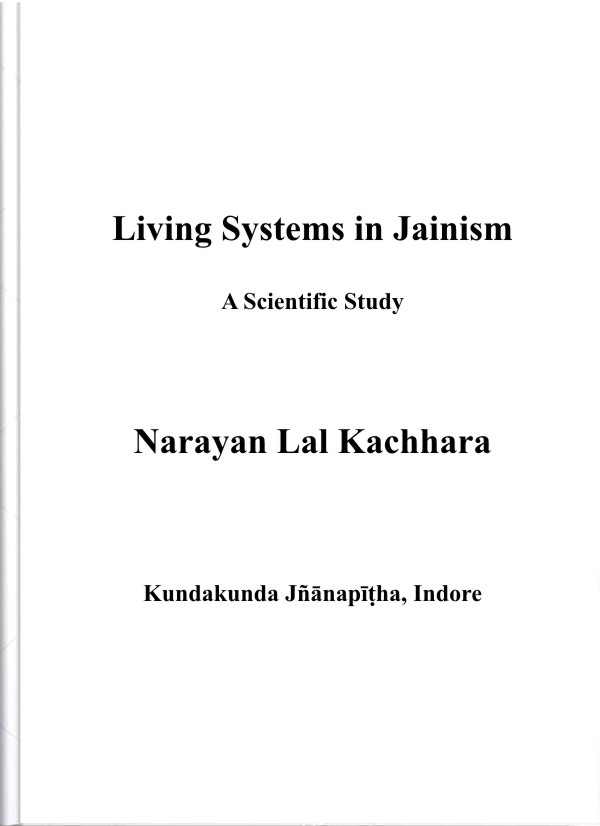We mentioned above that the manifested jnana and darshana energy that does not participate in the current cognition process may be sent to reservoirs in the soul and stored for future use. When an occasion arises in the future in which the effect of antaraya karma is reduced and time is favourable, these dormant energies may suddenly affect the cognition process and generate new knowledge. This may be called delayed cognition. This is perhaps the reason that we sometimes get sudden insights without any intentional effort, in which ideas that may provide the answer to some problem we have been tying to solve are revealed to us. Such events provide a spark that may sometimes change our outlook and vision and the way in which we live. What is implied here is that soul energies are not wasted; if not used immediately, they may wait for the opportune time and occasion to produce some kind of result. This could be called intuition. Intuition, then, means the use of unutilized but processed soul energies to receive insight. This does not require further ksayopashama of karma; it takes place naturally on account of efforts made in the past.
The above model is a simplified representation of the cognition process that takes place in common individuals. The model can be improved by accounting for the assumptions that have been made. For example, in the next stage of research the role of passions and quasi-passions, which are parts of conduct mohaniya karma, can be modeled to study their role in the generation of knowledge.
 Dr. N.L. Kachhara
Dr. N.L. Kachhara
